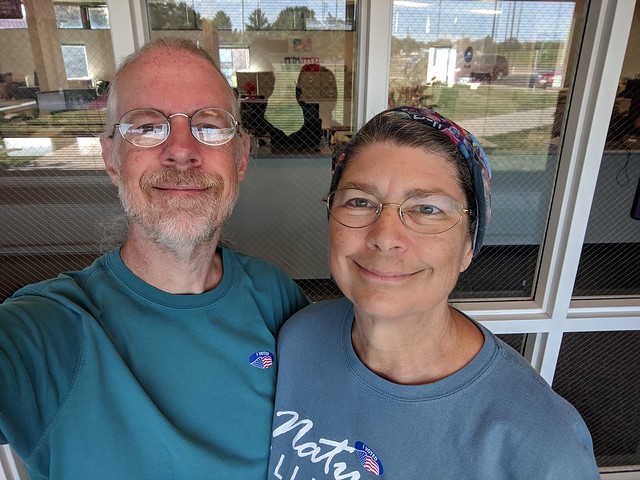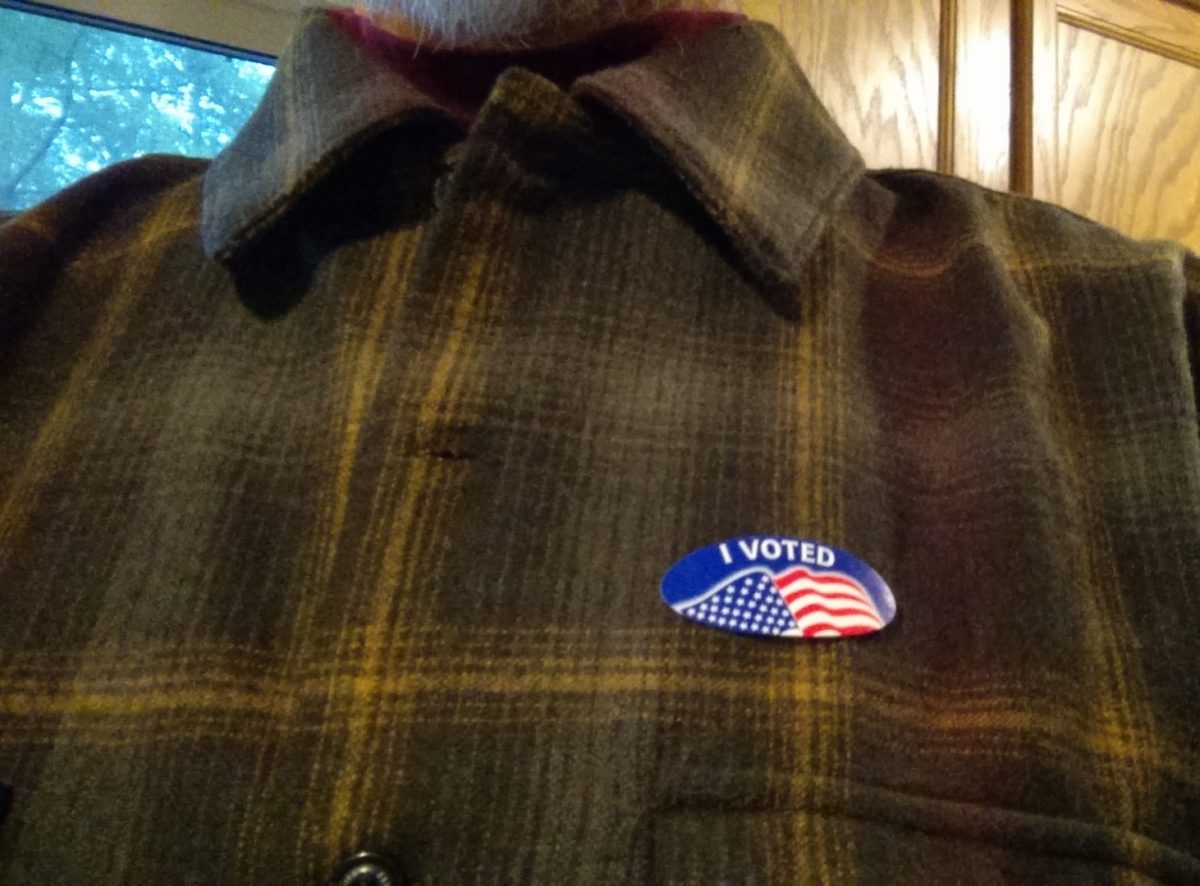The right to vote is a constitutional right. It should not be abridged. In this way it is like all constitutional rights.
There is one important difference between the right to vote and most other constitutional rights. Most constitutional rights apply to “the people,” while the right to vote is a right of citizens. Because of that difference, it makes sense to verify that people registering to vote are citizens. But waiting until someone is at the poll and then demanding that they prove they’re a citizen is backwards.
It is, to use another constitutional right as an example, backwards exactly the same way it would be backwards to take your property for public use, and then make you run all over town for documentation to prove that you own it before you can get it back. Instead, we have a property registry to keep track of who has ownership rights, and then a process called eminent domain whereby the government has the opportunity to present to a court evidence that there is a public need for your property according to well-established rules, and to establish fair compensation. You have the opportunity to dispute that evidence, and to argue for a different interpretation of the rules or for higher compensation.
I would suggest that as being the right model for voting rights as well: We should have a voter registry to keep track of who has the right to vote, and then a court process whereby the government has the opportunity to prove that someone on that list does not have the right to vote according to well-established rules (not a citizen, not over 18, not residing in the precinct, dead). You should have the right to appear at the hearing and dispute both the evidence and the interpretation of the rules.
Nobody should ever be struck off the voter rolls without such a hearing—to my mind it would be just as unconstitutional as taking your property without a hearing.
If that is the standard—as it should be—then there is no need to present an identity document at the polling place. All you need to do is prove that you are the person who registered, which is easily done by comparing your signature when you request a ballot to your signature when you registered to vote.
In any case: The right to vote is a fundamental right of the citizen. Denying it without due process is wrong, and there should be substantial sanctions on anyone who does so (or attempts to do so).


